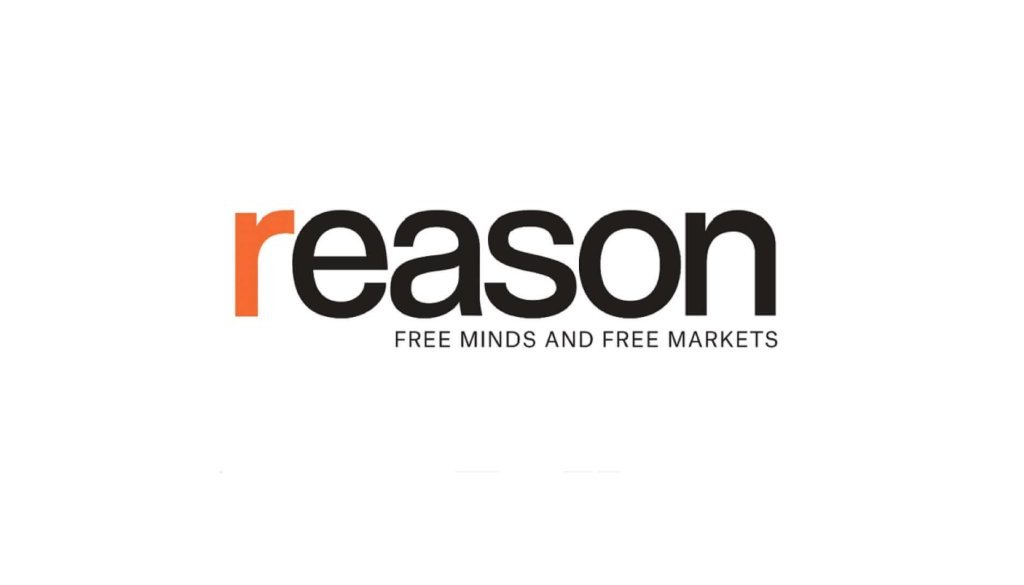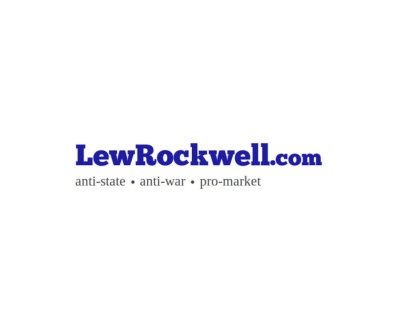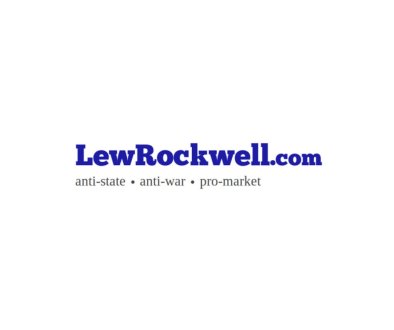The ‘Big Beautiful Bill’ Will Add $2.4 Trillion to the Deficit
In March, President Donald Trump stood before a joint session of Congress and vowed to “do what has not been done in 24 years: balance the federal budget.”
The first major legislative package of Trump’s second term, however, will throw the federal budget farther out of balance, the Congressional Budget Office (CBO) concluded in an updated assessment of the bill.
The CBO estimates that the One Big Beautiful Bill Act, which cleared the House late last month and is awaiting a vote in the Senate, will increase deficits by $2.4 trillion over the next 10 years. The bill will reduce tax collections by an estimated $3.75 trillion over that period, while reducing government spending by an estimated $1.3 trillion.
The budget deficit is the gap between how much the federal government spends and how much tax revenue it collects in a single year. If spending is higher than revenue—as has been the case in every single year since 2001—then the government must borrow to fill in the gap.
The “Big Beautiful Bill” will, in effect, force the federal government to borrow more heavily in the future. And all that extra borrowing comes with more costs, since interest must be paid. The Committee for a Responsible Federal Budget, a nonprofit that advocates for reducing the deficit, estimates that the bill will add about $3 trillion to the deficit once interest costs are included
Article from Reason.com

The Reason Magazine website is a go-to destination for libertarians seeking cogent analysis, investigative reporting, and thought-provoking commentary. Championing the principles of individual freedom, limited government, and free markets, the site offers a diverse range of articles, videos, and podcasts that challenge conventional wisdom and advocate for libertarian solutions. Whether you’re interested in politics, culture, or technology, Reason provides a unique lens that prioritizes liberty and rational discourse. It’s an essential resource for those who value critical thinking and nuanced debate in the pursuit of a freer society.




